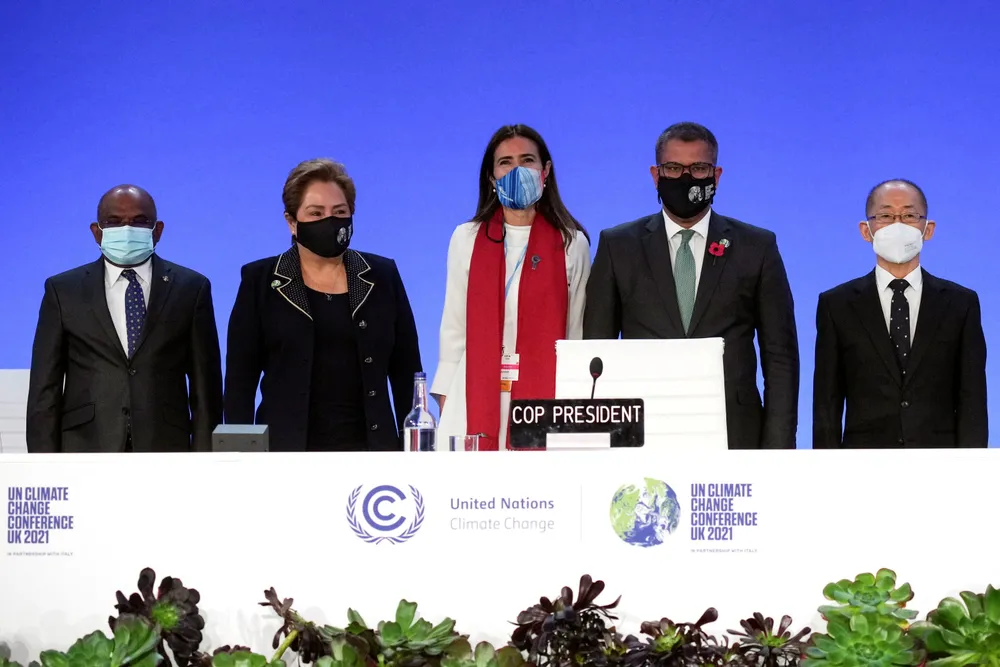'Our last, best hope': World's focus falls on Glasgow for crucial COP26 climate summit
Tens of thousands gather in Scotland's largest city for UN conference with hopes of reaching breakthrough in limiting global warming to 1.5C still in the balance

Tens of thousands gather in Scotland's largest city for UN conference with hopes of reaching breakthrough in limiting global warming to 1.5C still in the balance
